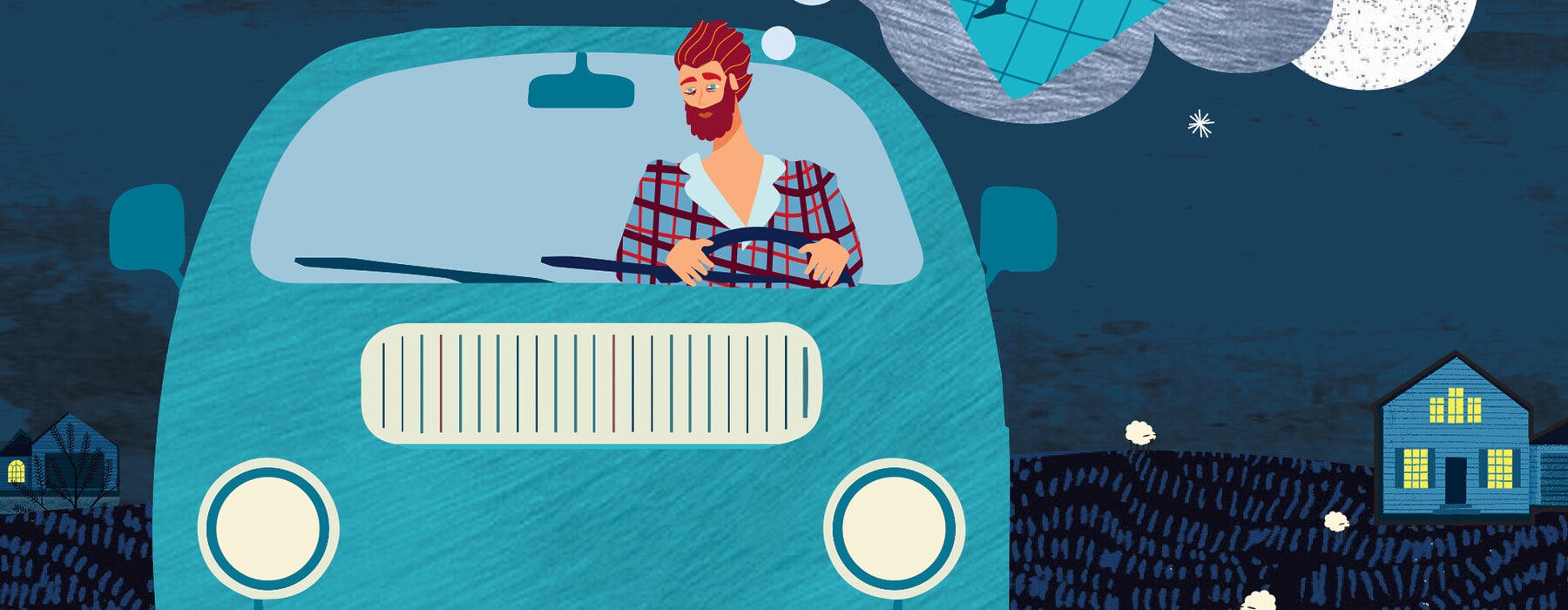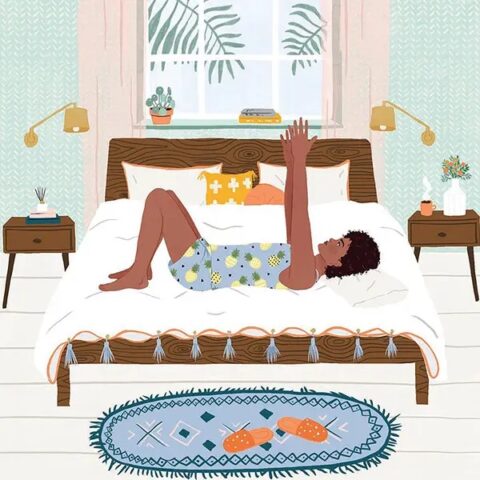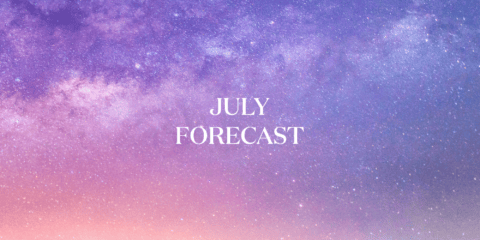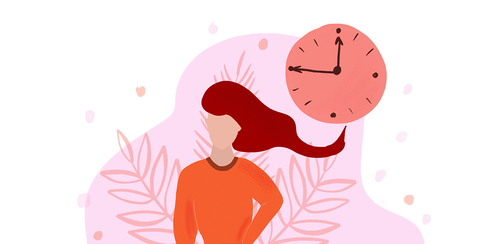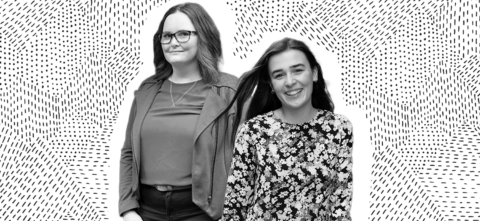Tired people are not happy, healthy or safe. Here are some of the things that go wrong when you don’t get enough sleep.
Sleep and illness
People who get less than seven hours of sleep a night are more likely to have chronic health problems such as obesity, heart disease, diabetes, high blood pressure, strokes, depression and premature death. While the long-term health risks of bad sleep are enough to keep you awake at night, there’s more bad news. You’re also more likely to catch a cold.
In one surprising study, researchers found 164 men and women who were willing to take nose drops that exposed them to the cold virus (and that’s not the most surprising part of the story). You might think that anyone who willingly puts a cold virus in their nose will get sick, but they don’t. A healthy immune system can fight off a cold, but not a sleep-deprived immune system. The people most likely to get sick from the cold-infused nose drops? Those who got six hours or less of sleep.
The tired brain
A tired brain is not a wise brain, and people who are sleep-deprived make more mistakes. The America Insomnia Survey, published in 2012, estimated that 274,000 workplace accidents and errors were directly related to sleep problems in a single year. The annual bill for these sleep-deprived mistakes? NZ$42 billion.
Why does this happen? While the body goes into rest mode during sleep, the brain becomes highly active. Think of your brain as a computer or a smartphone that uses the night time to back up all your data. One of its big jobs is to consolidate memories, link with old memories and create paths for you to retrieve memories. It also forms connections between disparate thoughts and ideas. That’s why sometimes, when you wake up, a big idea suddenly pops into your head. And it’s why, when you don’t sleep, your thinking and memory are fuzzy. Some research suggests that when you don’t sleep (like when students pull an all-nighter), your ability to learn new information drops by almost half.
Toxins in the attic
Another important function of sleep is that it allows the brain to do some mental housekeeping. Yes, sleep helps you clean up the cerebellum, polish the parietal and flush the frontal lobe. Sleep cleans out the toxic junk in your brain. In mouse studies, researchers found that during sleep, the space between brain cells got bigger, allowing the brain to flush out toxins. Although more study is needed, the research suggests that not sleeping can allow toxins to accumulate and may be linked with brain diseases such as Parkinson’s and Alzheimer’s.
Driving while tired
Drowsy driving is as much of a safety risk as drunk driving or texting and driving. Studies show that going without sleep for 20 to 21 hours and then getting behind the wheel is comparable to having a blood alcohol level of about .08 percent (New Zealand’s legal limit for driving is .05 percent). If you’re awake for 24 hours and then try to drive, you’re at a blood alcohol equivalent of 0.1 percent, which is twice the legal limit for driving.
You are at risk for drowsy driving if you get less than six hours of sleep at night. Another risk factor is snoring. Snorers too are at risk of drowsy driving, because snoring is a sign of sleep apnoea and interrupted sleep. (See “Call a doctor” overleaf for more on sleep apnoea.)
The New Zealand Transport Agency reported that in 2019, fatigue was a contributing factor in 17 fatal crashes, 85 crashes causing serious injury, and 491 crashes in which people sustained minor injuries. Crashes involving sleepy drivers are more likely to be deadly or cause injuries, in part because people who fall asleep at the wheel either fail to hit their brakes or veer off the road.
Groggy drivers often blast the radio or roll down the window to stay awake, but those measures don’t really work, say experts. Coffee or a caffeinated drink may help, but some individuals don’t get much of an effect. The best advice if you find yourself sleepy at the wheel? Pull over for a quick catnap.
Sleep and weight gain
For years researchers have known that adults who sleep less than five or six hours a night are at a higher risk of being overweight. Among children, sleeping less than 10 hours a night is associated with weight gain. Some research shows that even losing just a few hours of sleep a few nights in a row can lead to almost immediate weight gain.
Part of the reason may be that sleep-deprived people eat more. Staying up late and skimping on sleep leads to more eating in general, and a hankering for carbohydrates. In one study, sleep-deprived eaters ended up eating more calories during after-dinner snacking than in any other meal during the day. By the end of the first week, the sleep-deprived subjects had gained an average of nearly a kilogram. Overall, people consumed six percent more calories when they got too little sleep. Once they started sleeping more, they began eating more healthily, consuming fewer carbohydrates and fats.

